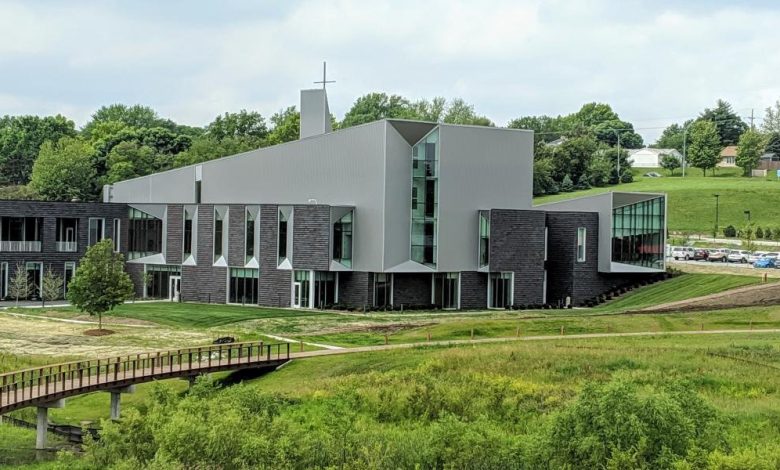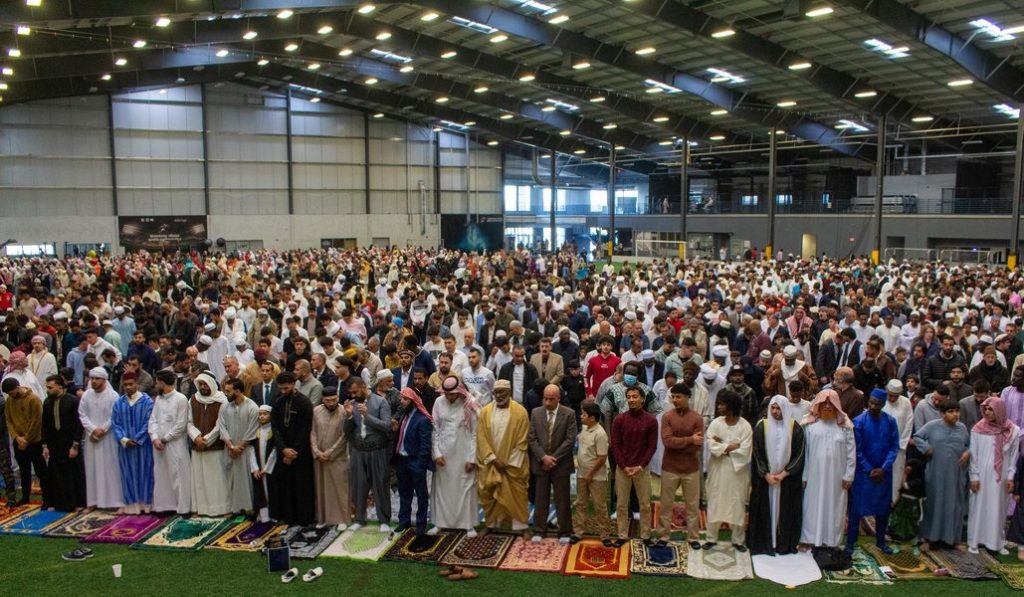Inside Omaha’s Muslim Community: Faith, Education, and Civic Leadership in Nebraska
From mosques and schools to interfaith unity, Omaha’s Muslim residents are reshaping the city’s cultural and civic identity.

Over the past three decades, Omaha, Nebraska, has quietly emerged as home to one of the Midwest’s most vibrant and diverse Muslim communities. What began as a small group of immigrant families in the 1980s has grown into a dynamic population of professionals, students, entrepreneurs, and American-born Muslims who have woven their faith deeply into the city’s cultural fabric.
The Islamic Center of Omaha (ICO), founded in 1975, stands as a cornerstone of Muslim life in the city. Located on 73rd and Pacific Streets, the mosque serves as both a spiritual center and a community hub, offering daily prayers, Quran classes, youth activities, and interfaith dialogue programs.
Alongside ICO, newer mosques like the Masjid Al-Noor and the Omaha Islamic Dawah Center reflect the expanding diversity within Omaha’s Muslim population, which now includes people from Sudan, Somalia, Bosnia, Pakistan, and local converts to Islam.

Community leaders have made education and civic participation central priorities. The Islamic School of Omaha, established under the ICO’s guidance, provides quality education that balances academic excellence with Islamic values. Muslim students also thrive in Omaha’s universities, especially at the University of Nebraska–Omaha (UNO), where the Muslim Students Association (MSA) regularly organizes community service projects and interfaith outreach.
Beyond religious institutions, Omaha’s Muslim residents are deeply engaged in civic life. Many serve as doctors, small business owners, IT professionals, and educators. Local organizations like the American Muslim Institute (AMI) play a key role in advocating for social justice, community service, and interfaith understanding. AMI’s annual Eid celebrations and cultural festivals have become citywide events that attract thousands of attendees — both Muslim and non-Muslim — reflecting Omaha’s growing openness to religious and cultural diversity.
Social responsibility also defines the Omaha Muslim community’s mission. During Ramadan, local mosques organize large-scale food drives, distributing meals to the homeless and partnering with charities like the Food Bank for the Heartland. After the devastating floods of 2019, Muslim organizations were among the first to provide relief supplies to displaced families, earning widespread recognition for their compassion and civic spirit.

Despite occasional challenges, including national Islamophobic sentiment, Omaha’s Muslim residents have found strong allies among churches, synagogues, and civic leaders. Initiatives like Tri-Faith Commons — a pioneering project housing a mosque, church, and synagogue side by side — symbolize Omaha’s commitment to coexistence and mutual respect. This unique interfaith campus has gained national attention as a model for peacebuilding in America’s heartland.
As Omaha continues to grow, its Muslim community remains a vital part of the city’s social and moral foundation. With their contributions in education, business, and community development, Muslims in Omaha embody a powerful narrative of faith, resilience, and belonging — a story that reflects the broader evolution of Islam in America.



